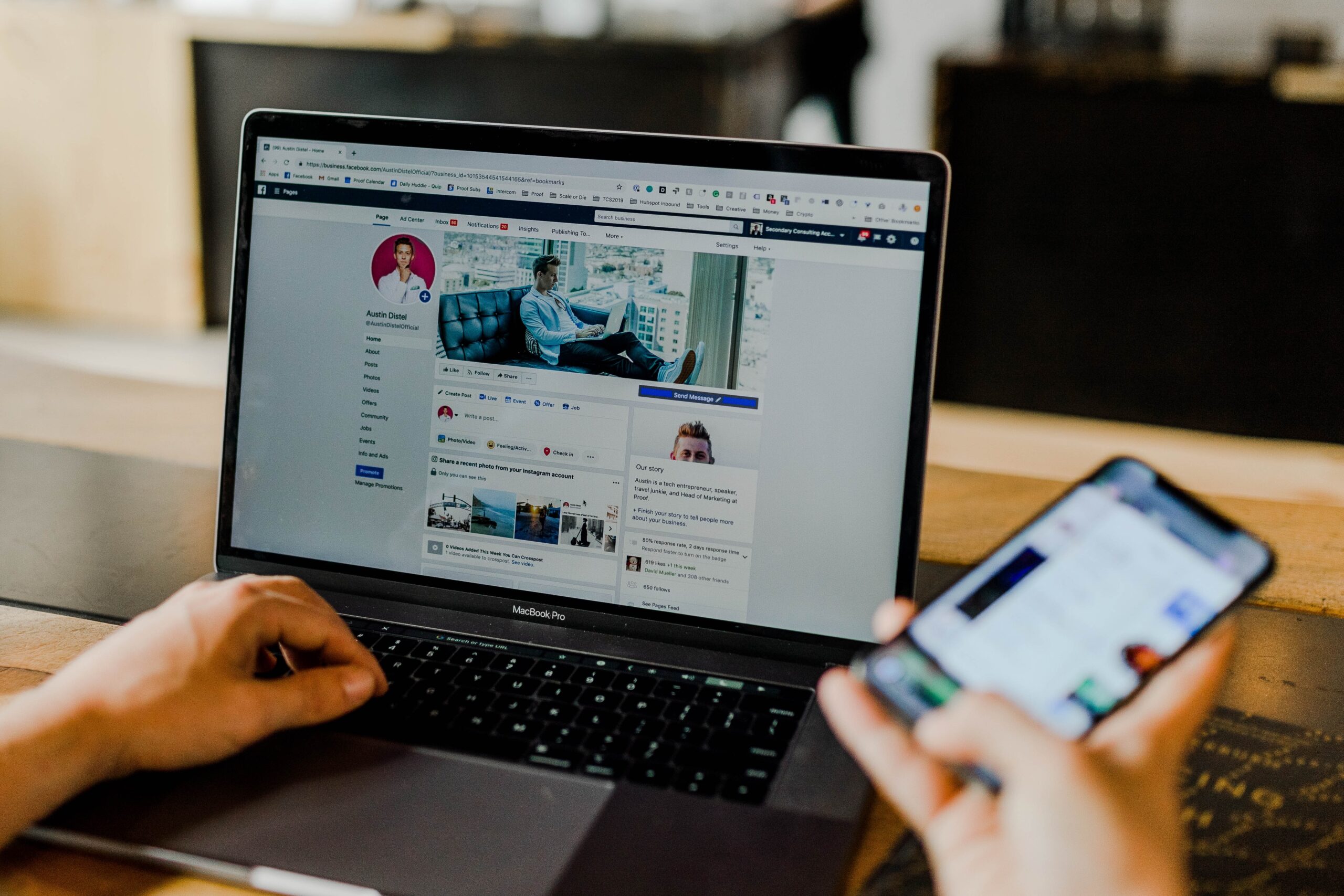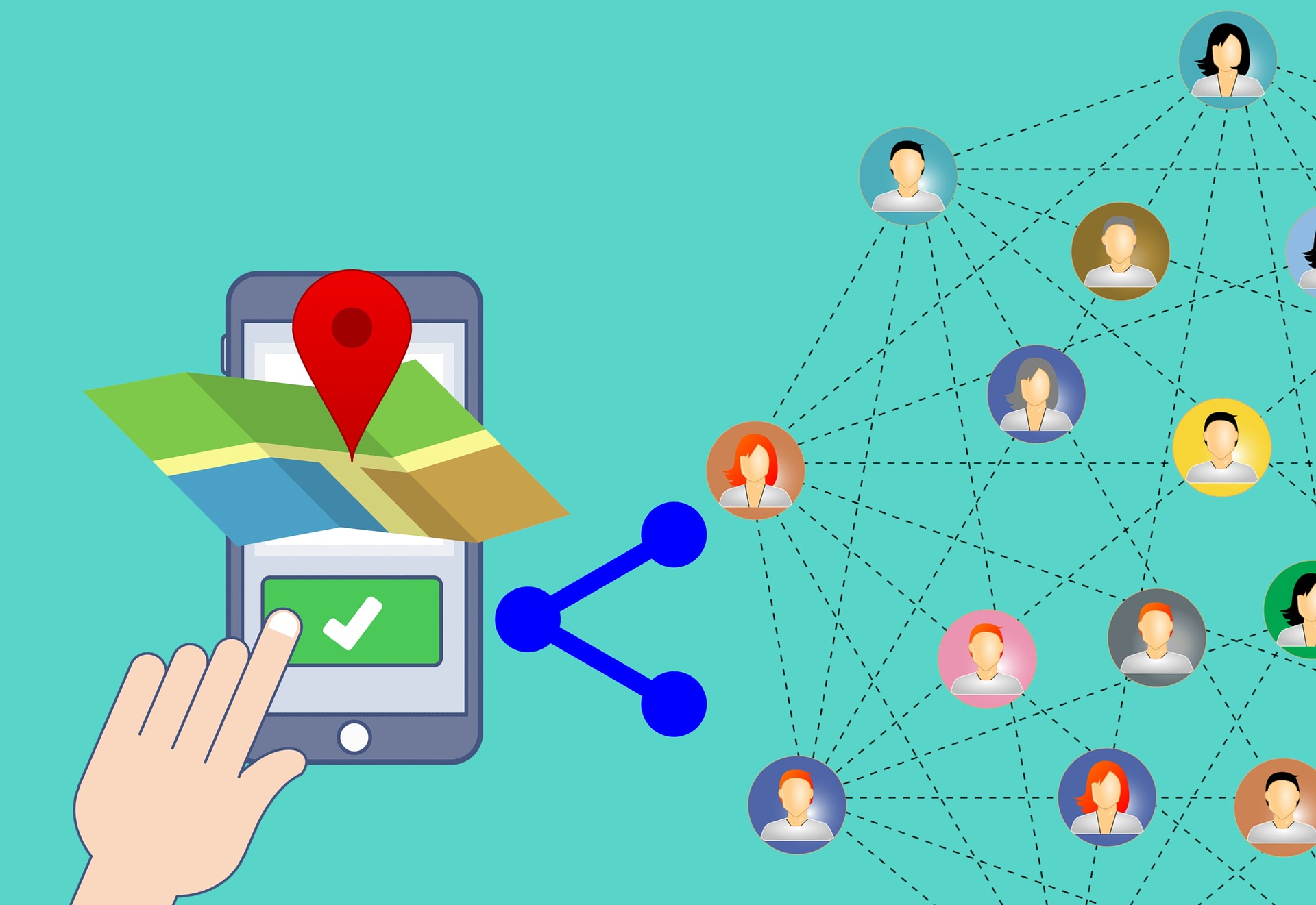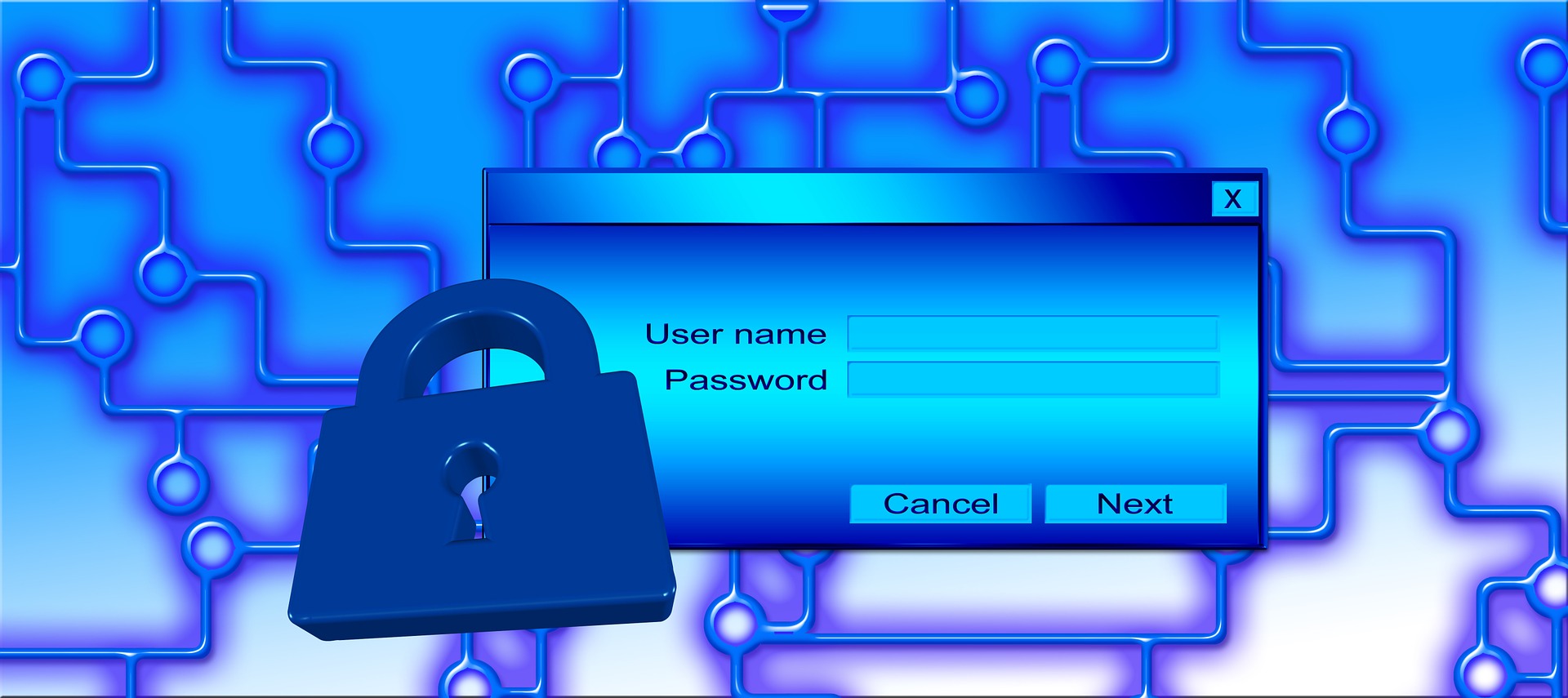
Be honest: when downloading or creating an account for a new app, do you ever read the app’s Privacy Policy before blindly clicking ‘I agree’? I will admit that I’m guilty of not doing so, and it’s safe to assume that most people would say the same. Even when the app requires you to actually scroll through the privacy policy, most of us tend to jump right to the ‘I agree’ at the bottom or sloppily skim it so we can proceed without potentially wasting our time reading language that we may not even understand.
It seems that most of us trust how these apps are handling our personal data even though the consequences of failing to “read the fine print” has been a meme in our culture for some time. But what is exactly in these privacy policies that are so important? Should we even be concerned? As we become more reliant on our smartphones for everyday tasks, understanding why a company collects and analyzes your activity and information—as well as what data and how much of that data—is crucial for understanding the motives of these businesses and determining what you as a consumer truly want to share to them.
A Deep Dive into Discord’s Privacy Policy

For this week’s exercise, I will be analyzing the privacy policy of an app that I use everyday: Discord. Discord is a gaming-oriented social platform that allows friends and like-minded users to join communities called servers and communicate either via text chat, voice chat, or video streaming. Admins of servers can set roles with various rules and permissions for other members, and server members may be able to access certain ‘channels’ and features depending on their role.
In my initial search for their privacy policy, I was able to find various distinct privacy controls under Privacy & Safety in the user settings. These include:
- Using data to improve Discord
- Using data to customize the experience
- Tracking screen reader usage
- Using data to make Discord work (required until you delete/disable your account)
- Syncing contacts (mobile app only)
- Allowing people to search for/add you via email or phone (mobile app only)

What is convenient is that Discord allows you to learn more about each data section by providing links to the respective sections in the full Privacy Policy. Additionally, you can request the data that is being collected as well as read the entire Privacy Policy and Terms of Service at the bottom.
However, I needed much more details and exactly what data they collect and why. Hence, I clicked the full Privacy Policy link at the bottom and went through it.

At first glance, Discord’s Privacy Policy is well-organized and maintained. Provided is a handy table of contents that categorizes the types of data, collection methods, and user controls. There are even sections with details for specific regions.
What Do They Collect?
Here are my findings on what data exactly is collected as well as a few of their purposes:
- Information provided by the user
- Account information in order to access certain features with age restrictions or spam checks, including:
- username
- password
- phone number
- birthday
- Content created and uploaded, including:
- text chat messages
- shared files
- custom emojis
- server profile info
- streaming thumbnails
- Purchase information for paid services (e.g. payment methods, billing information) for them to send to third party apps such as PayPal
- Activity information, including:
- adding friends
- joining servers
- server moderation
- Optional features such as contact syncing
- Account information in order to access certain features with age restrictions or spam checks, including:
- Information collected automatically
- Device info such as IP address and external hardware settings (microphone, camera)
- Event information (when you use Discord and visit servers/channels)
- Various cookies for improved performance and functionality
- Information from other sources that are combined with other obtained information about the user
- Actions on other sites (e.g. clicking an ad)
- Interactions with Discord’s affiliated social media
Why Do They Collect It?
Discord shares more detailed reasonings behind their data collection. Here is a summary of them:
- Basic service functions. This is the most obvious and includes the processing of features such as video calls, as well as the facilitation of purchases.
- Safety and moderation. Discord collects user activity and content to detect spam/malware, find violations of and enforce Community Guidelines and Terms of Service, respond to user reports, and improve moderation systems.
- Personalization. Discord claims that user information is collected to improve the individual experience in ways such as seeing relevant communities first and providing offers that may be of interest.
- Customer service and contact. Discord will collect and see account information for easier reach.
- Company performance reports. This includes financial reporting and debugging billing issues.
- Service Improvements. Discord claims to collect additional user information with the optional permission of the user to better understand what content is most interesting, how servers are structured, and how users use the features.
- Advertising. Discord is a little vague here, but essentially “certain information” is used to assist in the delivery of advertisements and measure the effectiveness of those ads.
- Compliance with laws and regulations. Governments and court orders may require Discord to share certain information.
Data Sharing
Discord states that they share information “when you [the user] tell us to.” However, this is slightly misleading, for they mean that when you post content, it is implied that you are giving permission for that content to be shared to those who can access a particular server. This data also includes such that is collected by third-party features like bots and payment processors like PayPal.
Additionally, Discord admits to occasionally sharing “limited” information with advertising platforms to better target potential leads; however, they do not specify what that information is.
As stated earlier, Discord stresses that may be obligated to share certain information with law enforcement and governments for legal purposes. The user does not have much control here with the government involved.
Data Retention
Discord retains certain information for a variety of lengths of time and for a variety of purposes. They link the user to another article (updated 4 months ago as of writing this) to explain this in more detail. These details include:
- ID for optional age verification appeal: 60 days before removal
- Database backups: 30-45 days before removal
- Personal information (email, phone number) for safety/security purposes: 180 days before removal
- Billing information (for purchases made through Discord) for legal tax purposes: period of time depending on the law/type of transaction
- If you delete your account:
- In case you wish to recover your account, Discord will hold your information for 15-30 days. After that, Discord will begin anonymizing posted content and aggregating other information in a process that takes up to 45 days.
- The content that you posted will remain visible so that other users can see/access it. However, that content would not be tied to your account.
Conclusion
Overall, I would conclude that Discord is mostly transparent about what information they track/share and why. They are a little vague in some areas such as advertising, though, which makes me question whether there is some information they are purposely hiding. That being said, most of this information collected for advertising and customization purposes are actually opt-ins under the user’s control, which gives the user more autonomy over what they are okay with sharing with the app. When it comes to posted content, it seems that Discord will always have a record of it for safety and legal purposes.
What I found most important and beneficial about reading Discord’s Privacy Policy was how easy and friendly the language and word choice was. I’m not too surprised, though, since the platform is known for its friendly verbiage. Overall, although it is far from perfect, I think Discord has one of the better Privacy Policies out there due to the plethora of user control options as well as the option to request the data. Check out the Privacy Policy for yourself!







